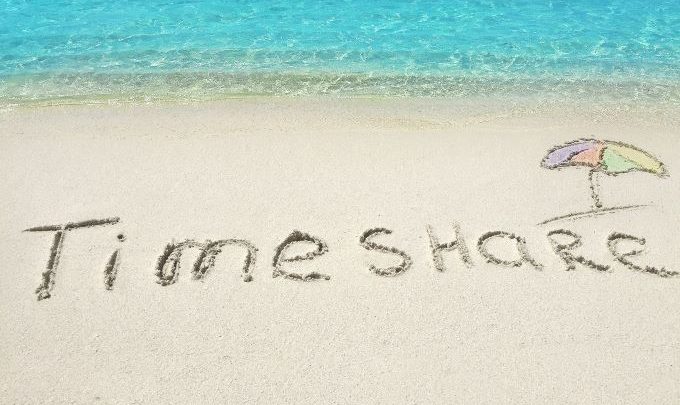
Timeshare chief defends sector over “black hole” claims
Australian timeshares have been dubbed a “black hole of money” and a “ticking time bomb” in a damning TV expose featuring couples locked into contracts they say are fuelling long-term debt.
Channel Nine’s A Current Affair aired the report about the $600 million industry, interviewing people claiming they are unwittingly trapped in unsuitable 100-year agreements with no prospect of release and the likelihood of passing debt on to their children.
The program featured CHOICE consumer advocate Amy Pereira saying: “We think ASIC really need to step up and regulate this industry properly. These contracts are unfair, unethical and it’s unbelievable that timeshare operators are still allowed to sell them in Australia.”
Australian timeshare operators include global accommodation operators Accor and Wyndham alongside major local player Classic Holidays and a number of other providers.
Laura Younger, general manager of the Australian Timeshare Holiday Ownership Council (ATHOC), this week defended the industry telling AccomNews modern contracts provide “significant consumer disclosure and protection”.
ATHOC advises consumers to carefully consider what they value most from their holiday and do their homework on which options will suit their family’s current and future needs.
“Primary sales of timeshare today provides significant consumer disclosure and protection with a detailed product disclosure statement (PDS), cooling off rights and detailed explanation of the product.,” said Younger.
“Ask for a clear explanation of the terminology and terms in the contract, such as ‘titled based’ (a real estate interest) or ‘right-to-use’ plan (no real estate interest),” she added, pointing out that there have been no title based resorts developed in more than 20 years.
John and Linda Booth told A Current Affair they bought three weeks a year at Cedar Lake on the Gold Coast 13 years ago and have been locked into paying annual fees for something their family has barely used.
The couple claim they bought their timeshare privately and didn’t receive the contract terms and conditions – until they offered to give back their timeshare for free and resort manager Classic Holidays revealed the $2200-a-year agreement runs until 2076.
Mr Booth said he would not have bought into this scheme if he had realised what he was getting himself and his family into.
“It’s very overwhelming to be thinking you’ve got the possibility of passing on this debt to your children,” he said.
ATHOC acknowledges that buying timeshare on the secondary market does not require the same level of disclosure as from a primary issuer.
But it does point out timeshare owners have options to gift, sell and transfer their ownership.
It is a prospect Mr Booth told Channel Nine he sees as unlikely given an internet search showed “there are hundreds of people trying to sell timeshare”. Despite approaches to ASIC, Classic Holidays, Cedar Lake and the Australian Financial Complaints Authority, he has been unable to secure a release from the contract.
ATHOC says timeshare ownership provides increasing benefits over a lifetime, allowing consumers to “make a one-time purchase of furnished resort accommodation or the right to use the resort accommodation at a fraction of whole ownership costs, and pay an annual maintenance fee”.
But Ms Younger warns the purchase should never be about making money.
“You should not purchase timeshare with an eye to future resale value,” she said. “You are purchasing an investment in lifestyle.”

AccomNews is not affiliated with any government agency, body or political party. We are an independently owned, family-operated magazine.







